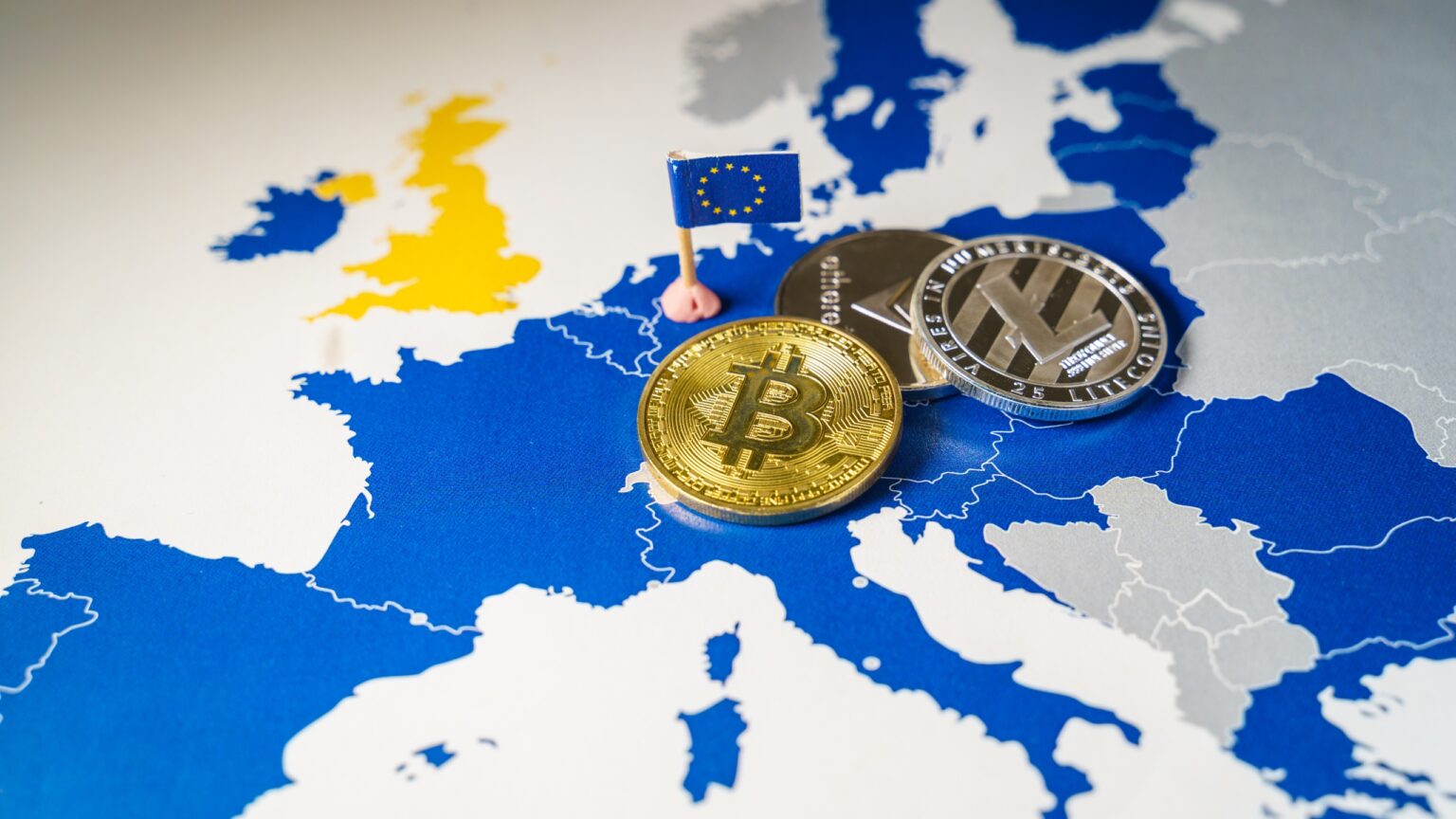The European Union is reportedly planning to include non-fungible tokens (NFTs) and foreign companies in the upcoming crypto tax, reported Coindesk.
The EU has prepared a draft text, known as the eighth directive on administrative cooperation (DAC8), which would require crypto companies to share details of their clients’ holdings with tax authorities.
https://twitter.com/Rahul67033740/status/1657120612534439937
The draft bill, based on an Organization for Economic Cooperation and Development OECD model, is expected to be approved by finance ministers in the coming week and will enable the sharing of data among EU member states.
Also Read: EU Green Lights Comprehensive Crypto Regulation Framework
The proposed law aims to prevent EU residents from hiding their cryptocurrency assets abroad to evade taxes.
Crypto asset definition in DAC8
According to the prepared draft text, DAC8 applies to “crypto-assets service providers regulated by and authorised under Regulation XXX and to crypto-asset operators that are not.”
These entities are referred to as “reporting crypto-asset service providers” as they are obligated to report under the directive.
The draft also states that the definition of crypto-assets is “very broad” and includes “those crypto assets that have been issued in a decentralised manner, as well as stable coins, including e-money tokens as defined in Regulation XXX and certain non-fungible tokens (NFTs).”
Furthermore, it specifies that “crypto-assets that can be used for payment or investment purposes are reportable under this Directive.”
Therefore, reporting crypto-asset service providers need to assess on a case-by-case basis whether crypto-assets qualify as non-reportable, taking into account the exemptions provided in Regulation XXX, particularly with respect to limited network and certain utility tokens.
Impact on overseas crypto firms
The bill aligns closely with proposals put forward by the European Commission in December 2022 and would necessitate the establishment of a register of crypto asset operators by December 2025.
The Commission is required to “establish a Crypto-Asset Operator register” by December 31, 2025, which will contain the information to be reported and communicated as specified in Section V of Annex VI, and be “accessible to competent authorities of all Member States,” as stated in the 85-page draft.
EU Crypto Tax Plans Include NFTs, Foreign Companies, Draft Text Shows
Laws set to be agreed next week would require crypto companies to register with tax authorities, even if they’re based outside the bloc or offering non-fungible tokens#NFT #binance #Bitcoin #WEB3 #crypto pic.twitter.com/TzWDf1V0MN— SideChain Capital (@SidechainCAP) May 12, 2023
The rules outlined in DAC8 would come into effect from January 1, 2026. It is noteworthy that the law encompasses platforms for trading NFTs used for payment or investment, as well as providers from outside the EU that have European clients.
Overseas crypto firms would be allowed to report to foreign authorities that adhere to EU norms.
EU is concerned about AI too
Now, in parallel to its efforts in crypto regulation, the EU is actively developing regulations for the governance of emerging technologies, particularly generative AI tools.
The proposed AI Act aims to safeguard individuals from the potential risks associated with advanced technology.
It classifies AI tools based on their perceived risk levels and imposes strict ethical and legal standards. A recent addition to the proposal requires businesses using generative AI to disclose any copyrighted material employed in their systems.
The EU’s approach to both crypto and AI regulation highlights its commitment to responsible and transparent technology governance, ensuring innovation while protecting individuals’ rights and interests.









 and then
and then